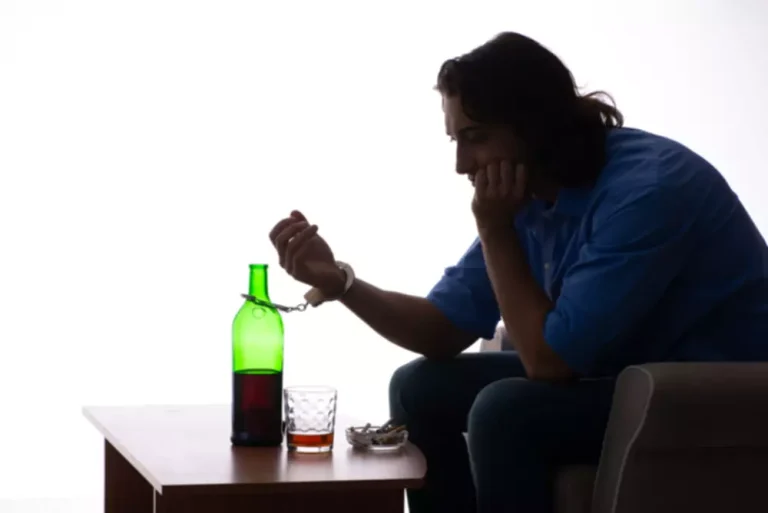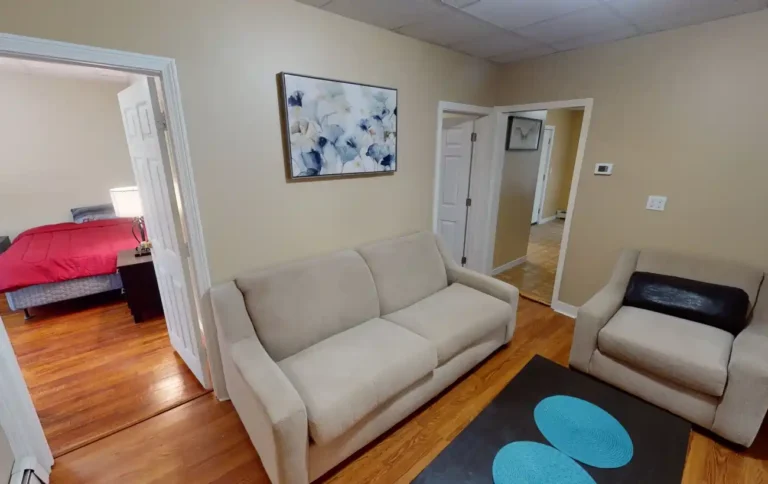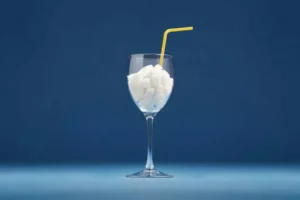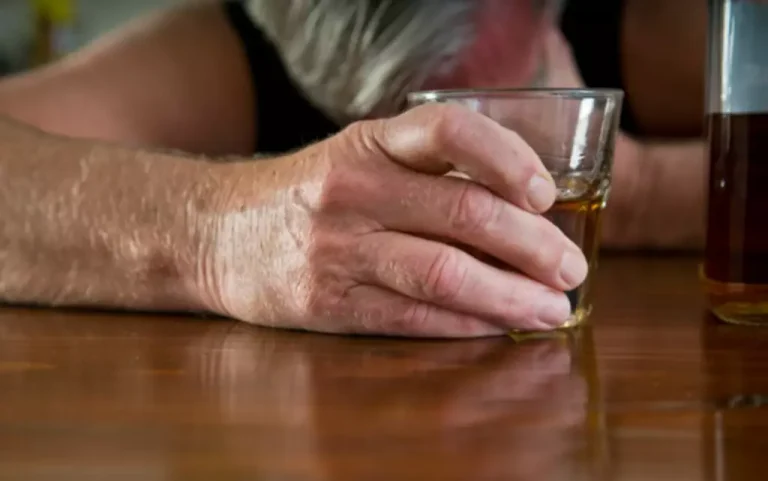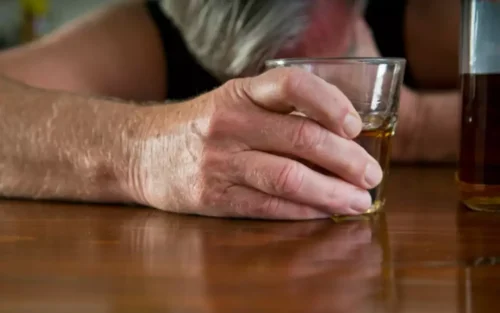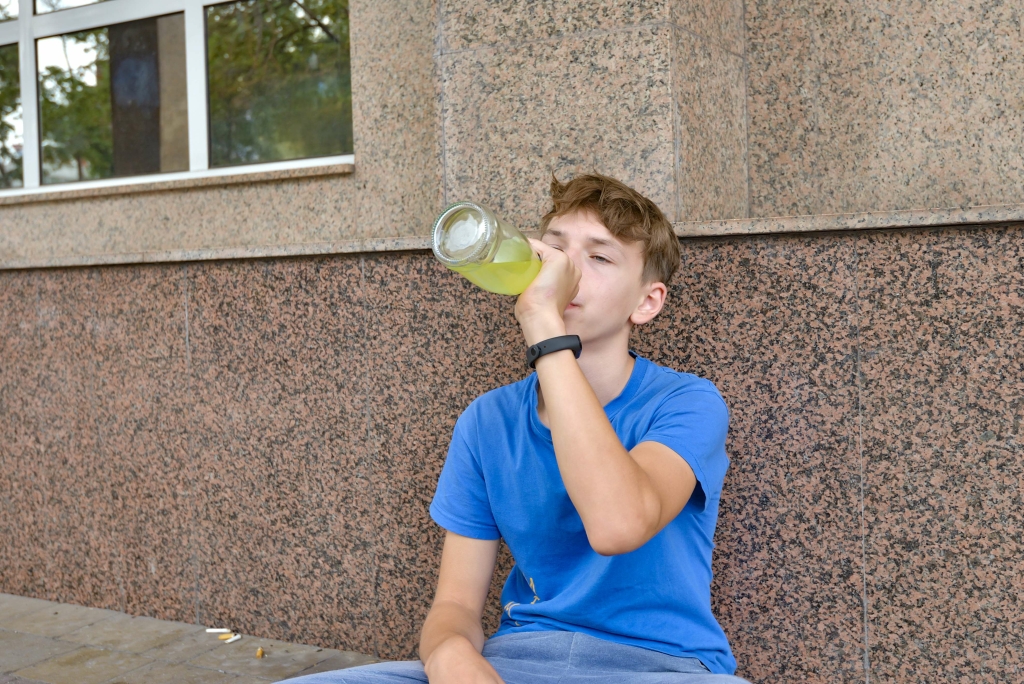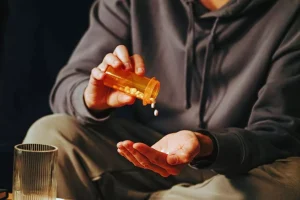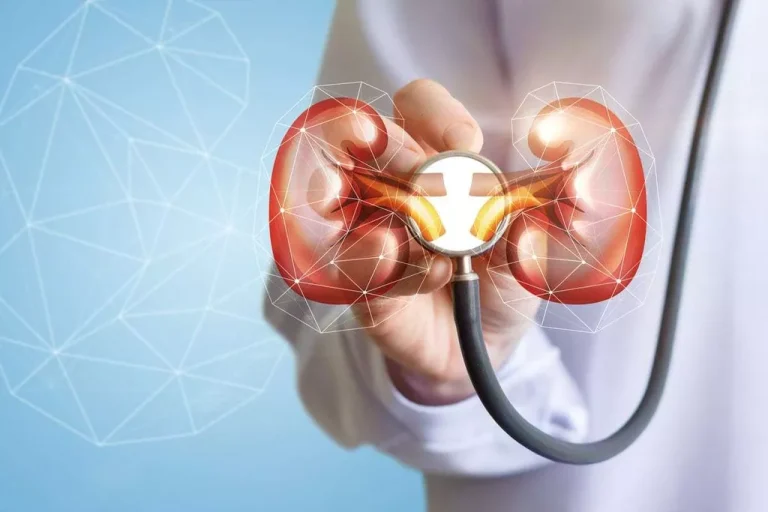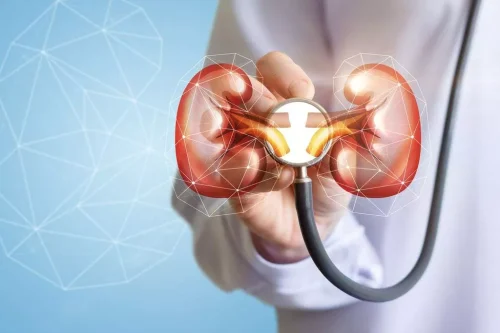
Women risk becoming pregnant, and both men and women risk contracting a sexually transmitted disease. Women who enter treatment for AUD present with greater addiction and more severe psychosocial issues than men. Secondary prevention research has focused on engaging women in treatment as well as on providing alcohol psychoeducation earlier in women’s problem drinking careers, which may help arrest the telescoped trajectory to AUD and SUD and the corresponding psychosocial decline. No studies that tested DBT specifically with women who have co-occurring AUD and BPD have been found.
- Krans is one of the country’s leading experts on pregnancy and drug addiction.
- Even if a woman drinks less than a man and for a shorter period of time, the adverse effects of drinking will hit her earlier than they will affect a man.
- The new language states that Charged Lemonade contains caffeine, should be consumed in moderation and is not recommended for children, people sensitive to caffeine, pregnant or nursing women.
- You may notice broken capillaries on the face and a red, bumpy, or bulbous nose known as rhinophyma.
- Research suggests that people who drink to cope — as opposed to drinking for pleasure — have a higher risk of developing alcohol use disorder.
- Women are more likely to contract alcoholic liver disease, such as hepatitis (an inflammation of the liver), and are more likely to die from liver cirrhosis (a chronic disease that progressively destroys the liver’s ability to aid in digestion and detoxification).
Best Medical Alert Systems of 2024 Chosen by Testers
As a result, not much is known about how alcohol affects a woman’s brain. There have been studies that indicate AUD and its damage progress much more rapidly among women than men. However, these studies have been unable to determine why that is. These studies have also been unable to provide a solution to this problem.
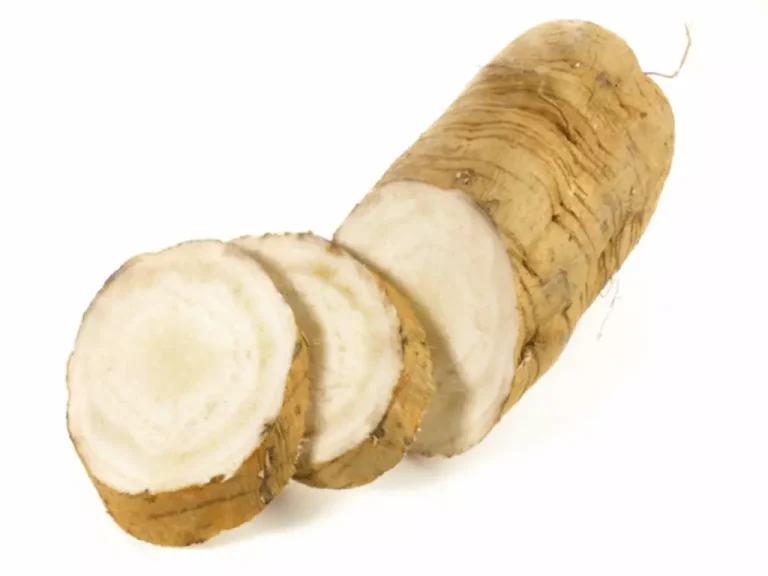
Physical Signs of Liver Damage
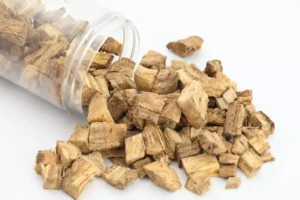
One of the symptoms of AUD is that the addicted individual will experience intense cravings to drink. These urges may make women struggling with alcohol https://ecosoberhouse.com/oxford-house/ addiction feel restless. Sure, many people occasionally enjoy a drink, but women with an alcohol problem will feel that they need to drink. If they don’t, they may feel empty, anxious, depressed, hollow, or down. You may notice that someone struggling with an alcohol addiction will make excuses to celebrate every time you’re with them. It’s true that when you group people by how much they drink, those who imbibe light to moderate amounts of alcohol appear to have lower rates of heart disease compared to others, he noted.
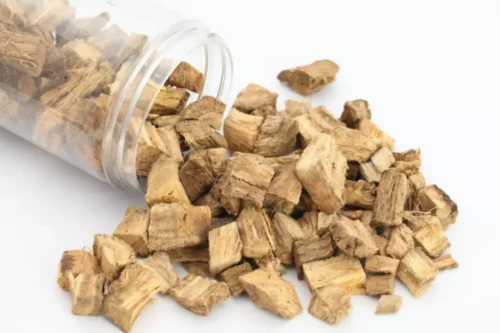
It’s easy to cross the line into risky drinking
But the evidence suggests that women are just as likely to recover as men once theybegin treatment—a glimmer of hope that may make the journey to recovery worth trying. These may be more helpful than mixed-gender programs for some women, such as those who have suffered sexual or physical abuse. For a long time, professionals believed that women with substance abuse problems were less likely than men to recover from them. Yet limited evidence on the matter was available, because many studies on the outcome of substance abuse treatment conducted before the 1990s enrolled only men. The few studies that enrolled both men and women did not examine the impact of gender differences.
- Those who are serious about their recovery should reach out to family and friends.
- It’s not a definite diagnosis, but it can help you figure out whether you or someone you love has an addiction to alcohol.
- When a pregnant woman drinks, alcohol passes through the placenta to her fetus.
- Women are also more likely to abuse alcohol and other substances in order to self-medicate problems such as depression, anxiety, and stress, or to cope with emotional difficulties.
- If you’re unhappy with your alcohol use, it’s never too late to consider cutting back or quitting.
- These issues will likely happen because alcohol will affect a woman’s menstrual cycle.
- The large cup contains more caffeine than standard cans of Red Bull and Monster energy drinks combined, as well as the equivalent of almost 30 teaspoonfuls of sugar.
- Framing AUD treatment for women in the context of a general health and wellness approach that addresses other health behaviors may increase appeal, reduce stigma, and enhance utilization.
- Mr Justice Paul Coffey was told the young man who had a sad history of addiction to alcohol and soft drugs had earlier been brought to University Hospital Kerry after a suicide attempt at The Grove where he was in a programme.
- Because these programs are appealing to women, they may increase women’s utilization of AUD treatment, and enhance both engagement and retention in AUD treatment.
- Contradictory findings on sex differences have been reported in studies that assessed decoding of emotional facial expressions (EFE) in AUD.
- People may also be more likely to engage in certain health risk behaviors because of individual factors, such as when they drink excessively.
- Although the gender gap in alcohol consumption is narrowing among all ages, the reasons differ.
People who had three or more drinks per day had several-fold increases in risk, the investigation found. Too much alcohol affects your women and alcoholism speech, muscle coordination and vital centers of your brain. A heavy drinking binge may even cause a life-threatening coma or death. This is of particular concern when you’re taking certain medications that also depress the brain’s function.









